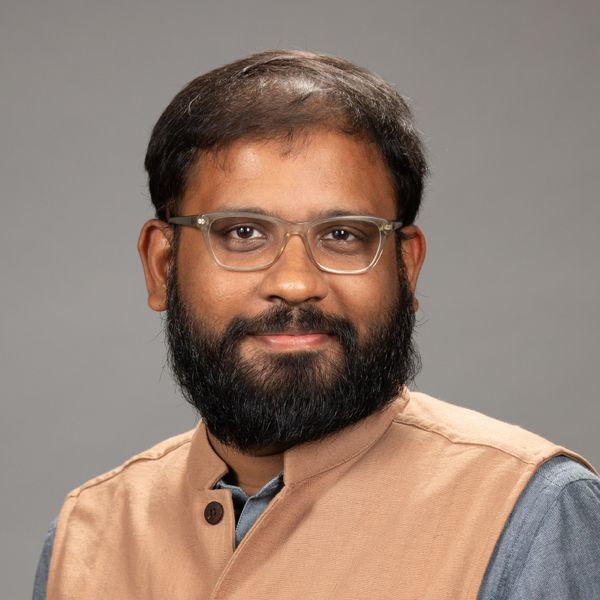
Sannoy Das
Lecturer
Biography
Sannoy Das, alongside teaching at Boston University, is an SJD Candidate at Harvard Law School, and Assistant Professor (on leave) at Jindal Global Law School (India). His dissertation deals with the history of postwar international law–shaped on the one hand, by a conflict between the imperatives of empire and anticolonial thought; and on the other, by a scholarly reworking of ideas about liberalism and cosmopolitanism. His earlier publications deal with the regulation of international trade, focusing on questions of third world development. More broadly, his research interests are in the areas of legal history, history of economic thought, and political philosophy. In India, he taught courses on international trade law, civil procedure, the history of international law, and the philosophical foundations of legal personhood. Prior to joining the academy, he was an attorney, focusing on civil and constitutional matters, at the High Court at Calcutta, India. He graduated with top honors from the National Law University, Jodhpur, India with degrees in science and law, and obtained his LLM from Harvard Law School in 2015.
- Profile Types
- JD Program, Lecturers & Adjunct Professors, and Part-Time Faculty
Activities & Engagements
No upcoming activities or engagements.